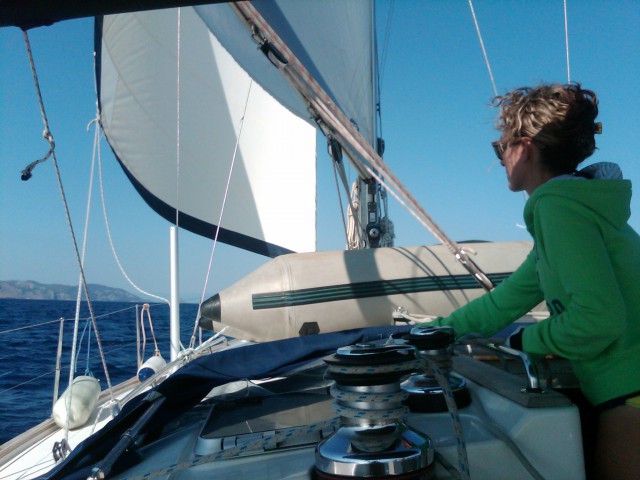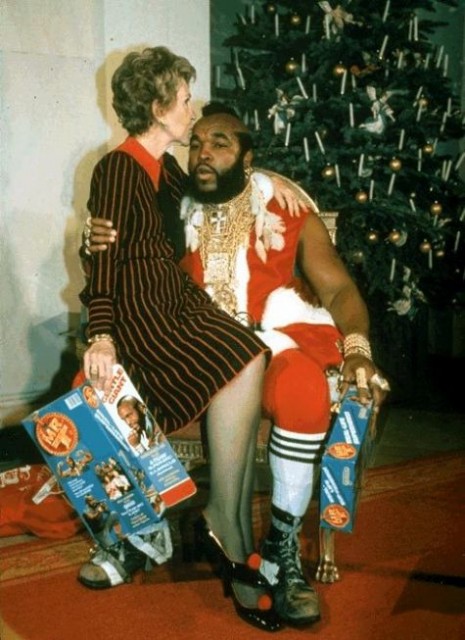 I went sailing last week. While a guilty conscience and my lizard brain tried to interfere and sabotage my indulgence, I shut them out and went fishing (figuratively). The planet is messed up – a bit more than usual. Europe and Greece specifically are undergoing one of the biggest crises in recent history and I simply packed off and went sailing.
I went sailing last week. While a guilty conscience and my lizard brain tried to interfere and sabotage my indulgence, I shut them out and went fishing (figuratively). The planet is messed up – a bit more than usual. Europe and Greece specifically are undergoing one of the biggest crises in recent history and I simply packed off and went sailing.
I am not an elected official neither am I responsible and accountable to bail out anyone – so why was this even a concern? Yet, it was. My social, collective and national awareness and self-hood cannot ignore the physical environment and primarily the fabric of the social and cultural powers around me. Isn’t this true for most people – excessively resonant for some as a matter of fact?
With the cloud of uncertainty, insecurity and increased stress about the future of the country and the continent, emotionality always interferes with logic and vice versa. And while I could not do anything, something did not “feel” right – and I am definitely not Mother Teresa.
And this is exactly when people get derailed. Emotions and feelings get in the way of rational decisions – and judgments go fishing, too. And quite often it’s hard to clear the way through the muddy waters.
Luckily for me and my natural inborn curiosity and thirst for learning and explorations, the trip proved a sociological observation – not to understate the much needed escape and fuel to my soul.
Our 32 year-old skipper was nothing but. While it was an equipment failure that caused our anchor to go missing (even non-sailors get the seriousness of this), the young captain’s inability to take charge and “manage” all the expert sailors’ strong opinions and refusal to follow directions – reminded me of Mutiny on the Bounty (unluckily for me minus Marlon Brando and Trevor Howard). Shouting matches galore, confusion on the maneuvering, ropes getting tangled and untangled and much comic relief for those yachts watching us fight and shout instead of working together. When I took our young captain aside, he was almost in tears out of frustration: “how can I make an older guy who is my client do as I say?”
Captain, my captain – where art thou? Will this young guy learn? Does he have the strength and clarity of purpose to be strong enough to take the responsibility and really take charge and be a true captain?
And while I was thinking this, it all circled back to Strategy and Leadership 101. It’s perfectly articulated in an article in McKinsey Quarterly : “Strategy involves focus and, therefore, choice. And choice means setting aside some goals in favor of others. When this hard work is not done, weak strategy is the result. After all, strategy is a coherent action backed by an argument.”
So, whatever you do – my young captain included – think of your argument. Is it convincing enough – to yourself first and foremost – to persuade, motivate, inspire and ensure others that this is the right thing to do? And is your choice clear and the priorities all squared away? Yes, the older guy on my sailing exploration was the client and paid the charter fee but the captain’s responsibility was the safety of the passengers and the boat – not winning the good old pleasant pageant contest. And if your goal is to be pleasant most of the times, be prepared to be unpleasantly surprised – there are worse things than being occasionally disliked but appreciated later.
 “The rules about what we hide and what we share are changing.”
“The rules about what we hide and what we share are changing.”

 What interests me is helping sharp, intelligently curious people overcome barriers that may be keeping them from achieving more. Passion and boldness can make the art and science of leading easier to navigate. So, have fire; feel with your brain; don't be afraid.
What interests me is helping sharp, intelligently curious people overcome barriers that may be keeping them from achieving more. Passion and boldness can make the art and science of leading easier to navigate. So, have fire; feel with your brain; don't be afraid.
